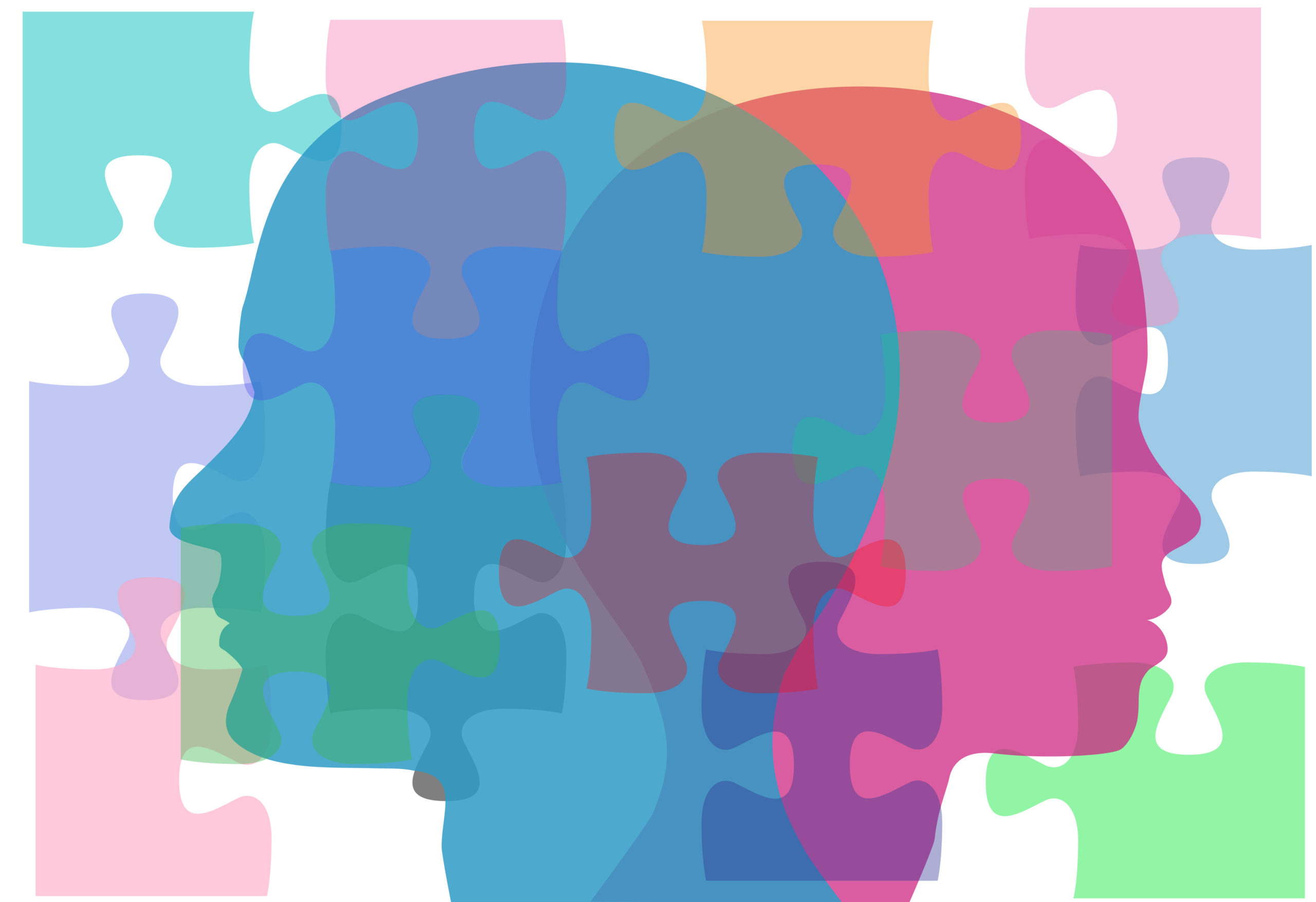
21 Nov Marriage With Problems Contribute To Mental Health Issues
In the popular Sunday talk show on social awareness, Satyamev Jayate, Indian actor Aamir Khan had said, “Marriage is the national obsession and sport of India”. As soon as someone completes their education, conversations around marriage slowly grow and intensify during their twenties. Some young people, especially those who do not identify as cisgender and heterosexual try to navigate this by leaving their parental home for future education or a job in another city. A lot of individuals give in to the pressure by getting married and are welcome with new pressures post marriage.
The reason our parents and other family members give us is that “marriage should happen at a certain age” so that one has the best companions to choose from, to evade loneliness, and have a purpose in life – purchasing a home, having children, and so on. These seem like healthy goals. In fact, a 75 year long Harvard study suggests that relationships are the secret to happiness and can make a difference even to the level of physical pain one experiences during chemotherapy. Attachment theory supports the idea that helpful and safe people around us make us feel safe, warm, and connected.
It is no secret that many Indians have certain goals related to marriage, and they prefer certain types of people for those goals. As this piece shows, fatphobia and misogyny are rampant. Men are looked at as breadwinners and women as caregivers and domestic workers. There are a lot of unrealistic expectations by in-laws, which are resistant to change due to the excuse of “this is our culture”. However, culture is a dynamic thing meant to serve humans and not the other way around and can change if it doesn’t suit us.
It is no surprise then, that being married contributes to a lot of mental health issues due to increased stress, being misunderstood, too many rigid demands, pressures to earn, buy a house, have children, and just the daily hassles of managing the moods and needs of various people. This adversely affects women in particular as the demands are way more on them. While there is a lot of rush for marriage, there is no script on how to handle these issues except for advice on adjustments and sacrifice. In fact, domestic violence is a big concern for married women and additionally, impacts the mental health of women. This is perhaps why suicide rates are higher in married women too.
In family courts and domestic violence settings as well as private practice, it is often seen that women’s issues are often related to the relationships in their life. Especially in the court setups, it has been observed how many seemingly small changes and expectations would line up to create an enormous load for women. There were expectations of double duty in case a woman worked outside of the home, that she would also do the house chores while the husband sat and sipped his tea. She was to learn how to sit, sleep, stand, cook, wash, dress up and even breathe as the in-laws wanted! Mothers-in-law would even be intrusive enough to keep track of women’s periods to know about the status of conception. Whether they can go to their own parents’ homes or not, for how long and why even that was controlled by the in-laws!
While this is not to say men do not undergo transitions and stress at all, the exchange of stress versus benefits of marriage works highly in their favor. It is really great that feminism has done its work to empower women to tell them what they deserve. However, because men and their families are far behind in the journey of gender equality, women are in a double whammy now, of knowing their rights and yet being trapped in environments that have no interest in fulfilling them. If we are to truly make marriage a mental and emotional bliss, the systems around women need to change so that they are seen as human beings with their own rights and needs.
We recognize the social injustices and systemic factors that shape our mental health. If you are currently experiencing mental health challenges and want to seek professional psychological support, speak with one of our AtEase experts.

No Comments